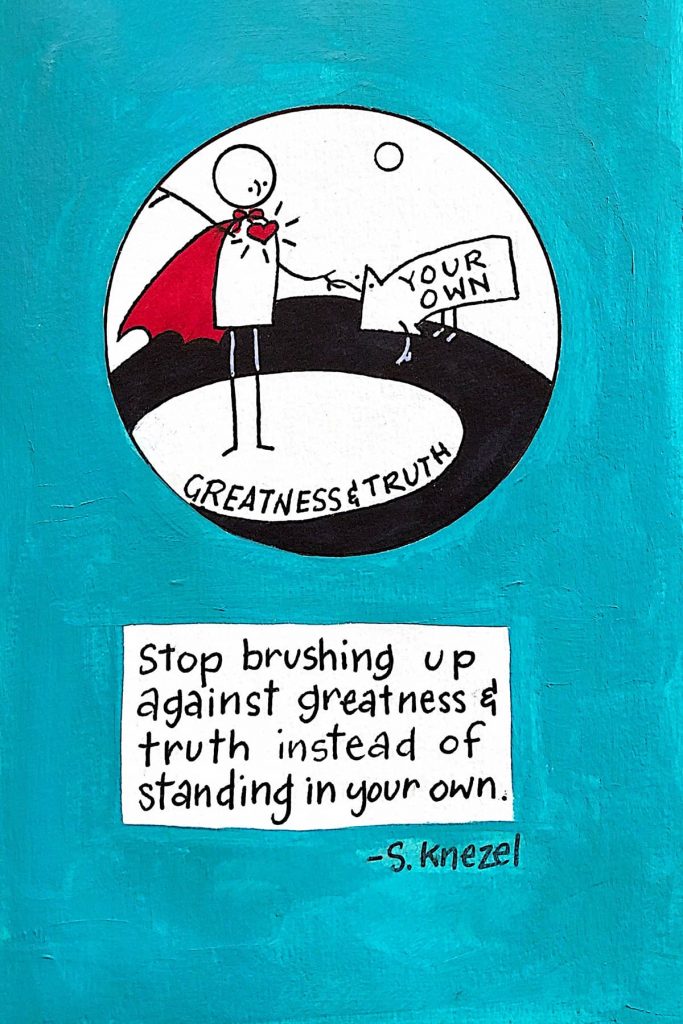
Reading books may seem like an outdated pre-Internet 1991 hobby, but evidence suggests that people still buy them because publishers have a reason financially to still print them.
As a new year begins, and the effects of change arrive at different speeds to different people, there are still many individuals struggling to understand the political, economic, regional, and social shifts that resulted in one of the most stunning political upsets in the nation’s history.
The 27 books listed alphabetically were compiled from reviews based on 2017 publishing trends. The collection allows for avid readers to digest two books a month over the entire year, with a bonus edition for the holidays as an excuse to hide from family.
NOTE: These recommendations are not an endorsement of the books, their content, or views of the authors.
Suggested Bimonthly Reading List for 2017 + Bonus Book
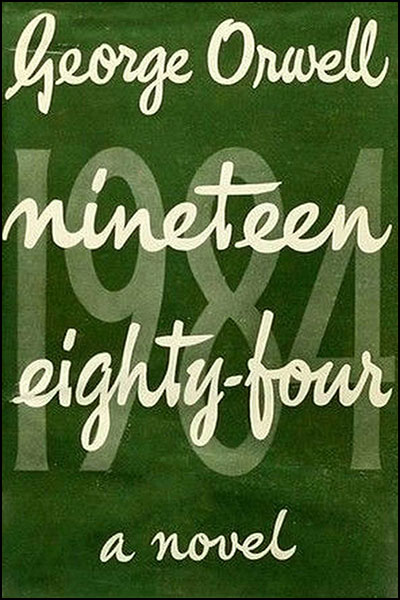
1984
George Orwell
A classic story published in 1949, the dystopian plot takes place in a world of perpetual war, omnipresent government surveillance, and public manipulation, dictated by an elite political system.
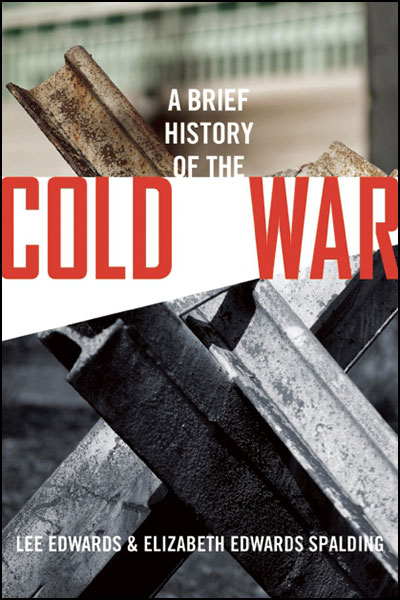
A Brief History of the Cold War
Lee Edwards and Elizabeth Edwards Spalding
From 1945 to 1991 the balance of world power teetered between domination by the forces of totalitarianism led by the Soviet Union, or inspired by the principles of economic and political freedom embodied in the United States.
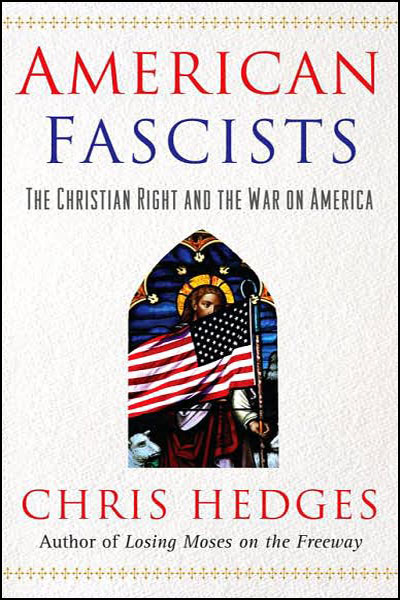
American Fascists: The Christian Right and the War on America
Chris Hedges
The non-fiction challenges the Christian Right’s religious legitimacy and argues that at its core it is a mass movement fueled by unbridled nationalism and a hatred for the open society.
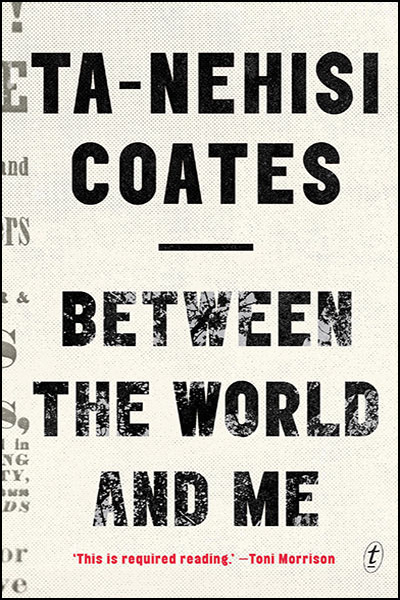
Between the World and Me
Ta-Nehisi Coates
A series of essays that confronts the notion of race in America and how it has shaped American history, often at the cost of black bodies and lives.
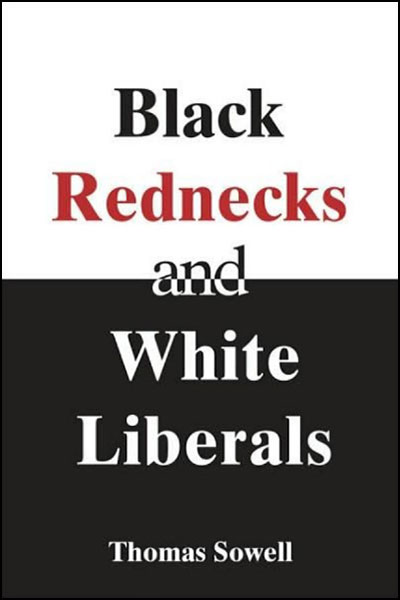
Black Rednecks and White Liberals
Thomas Sowell
An explosive book that challenges many assumptions about various aspects of race, including the myth about the black ghetto culture, which was actually a relic of the dysfunctional white southern redneck culture from the antebellum South.

Every Man Dies Alone
Hans Fallada
The story is based on an actual working-class Berlin couple who conducted a three-year resistance campaign against the Nаzіs, by leaving anonymous postcards at random locations around the city.
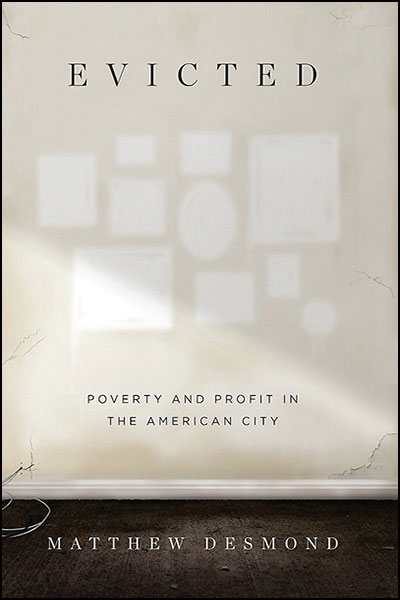
Evicted: Poverty and Profit in the American City
Matthew Desmond
Most poor families today spend over half of their income on housing, yet millions dwelling in the inner city are forced from their homes each year where the process of eviction has become ordinary.
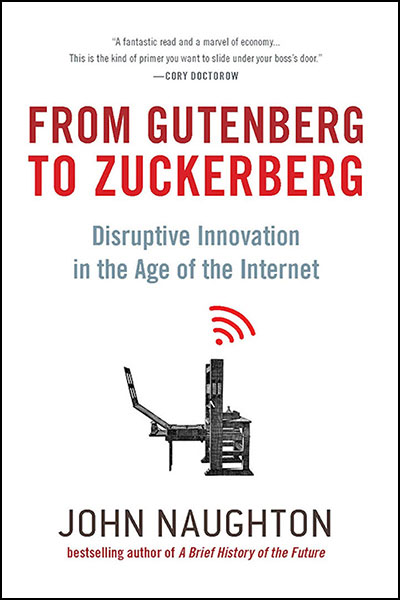
From Gutenberg to Zuckerberg: Disruptive Innovation in the Age of the Internet
John Naughton
In the transition from regarding the Internet as a novelty to a utilitarian necessity, society has not absorbed the significance or cultural implications of the technology’s social and economic disruption.

Hillbilly Elegy: A Memoir of a Family and Culture in Crisis
J.D. Vance
A powerful account of growing up in a poor Rust Belt town that offers a probing look at the struggles of America’s white working class, with an analysis of a culture in crisis.
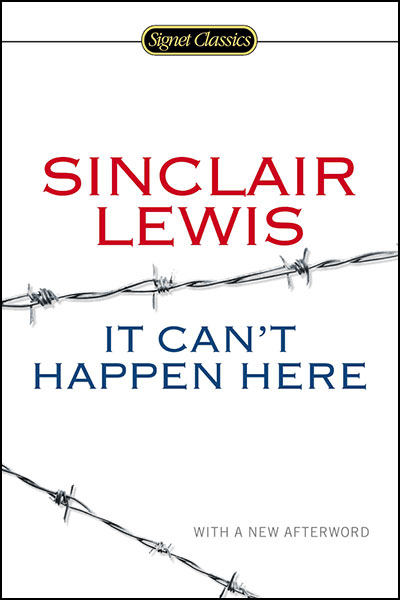
It Can’t Happen Here
Sinclair Lewis
Written during the Great Depression, when the country was largely oblivious to Hitler’s aggression, it juxtaposes sharp political satire with the chillingly realistic rise of a president who becomes a dictator to save the nation from welfare cheats, sex, crime, and a liberal press.
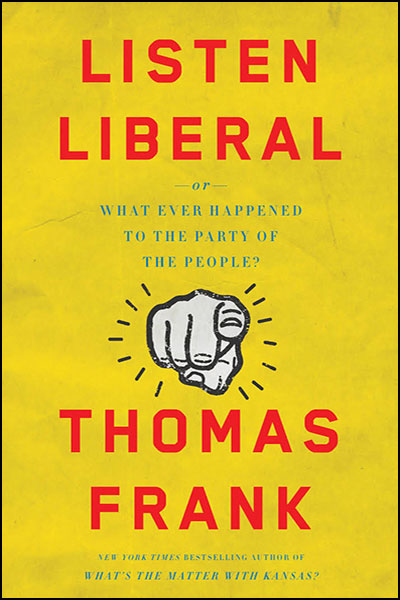
Listen, Liberal: Or, What Ever Happened to the Party of the People?
Thomas Frank
The book explores how the Democratic Party has done little to advance traditional liberal goals like expanding opportunity and fighting for social justice, while supporting elitism in the form of a professional class over the working class.
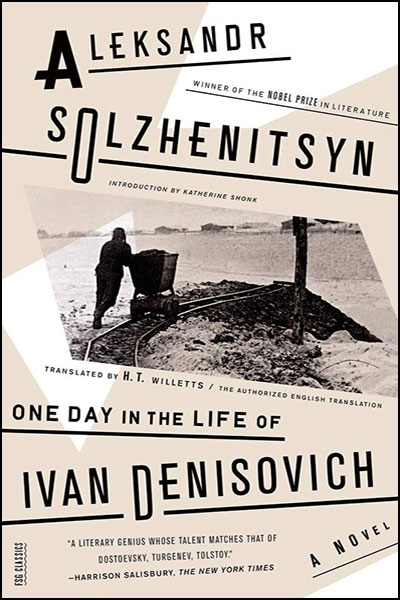
One Day in the Life of Ivan Denisovich
Alexander Solzhenitsyn
The story is set in a Soviet labor camp in the 1950s and describes a single day of ordinary prisoner Ivan Denisovich Shukhov.

Playing to the Edge: American Intelligence in the Age of Terror
General Michael Hayden
An unprecedented high-level master narrative of America’s intelligence wars, from the only person ever to helm both CIA and NSA, at a time of heinous new threats and wrenching change.
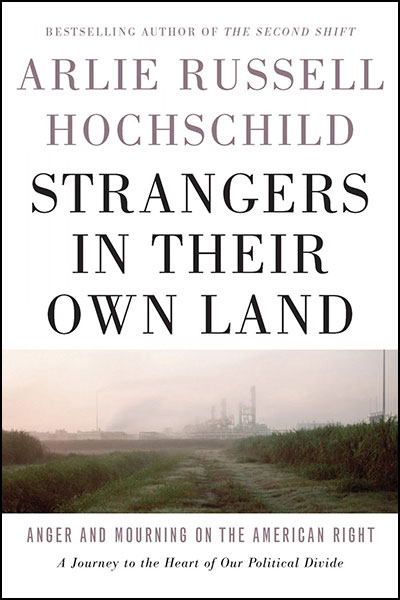
Strangers in Their Own Land: Anger and Mourning on the American Right
Arlie Russell Hochschild
A thought-provoking journey that goes beyond the commonplace liberal idea that the conservative right has been duped into voting against their own interests, and explores lives ripped apart by stagnant wages, a loss of home, an elusive American dream, and political choices that make sense in the context of their lives.
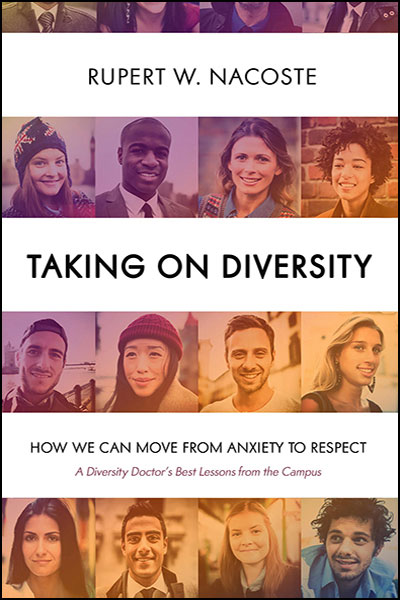
Taking on Diversity
Rupert Nacoste
Enlightening stories about individuals and their anxieties in situations that involve people who are in some way different than themselves, and the problems of dealing with all kinds of diversity from gender, race, ethnicity, to sexual-orientation.

The Art of Peace: Engaging a Complex World
Juliana Pilon
A critique of American culture, described as a Strategic Deficit Disorder, the principles of both Sun Tzu and our Founding Fathers are connected to show that practice the Art of Peace is more relevant than the Art of War.
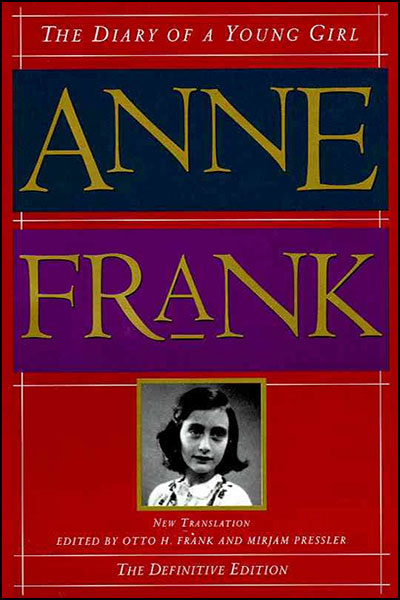
The Diary of Anne Frank
Anne Frank
The Dutch language diary kept by Anne Frank, while she was in hiding for two years with her family during the Nаzі occupation of the Netherlands.
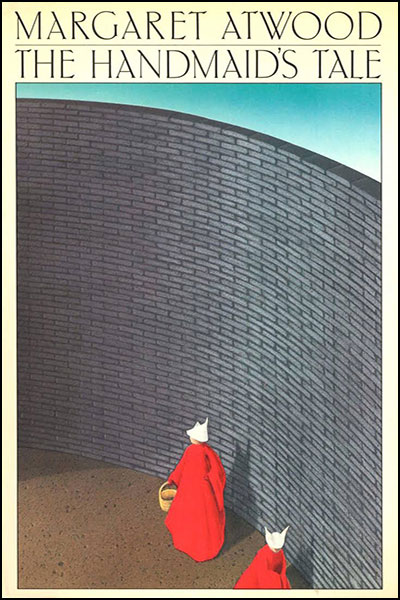
The Handmaid’s Tale
Margaret Atwood
A dystopian novel that explores a broad range of issues relating to power, gender, and religious politics, in a world of women in subjugation and the various means by which they gain self-awareness.
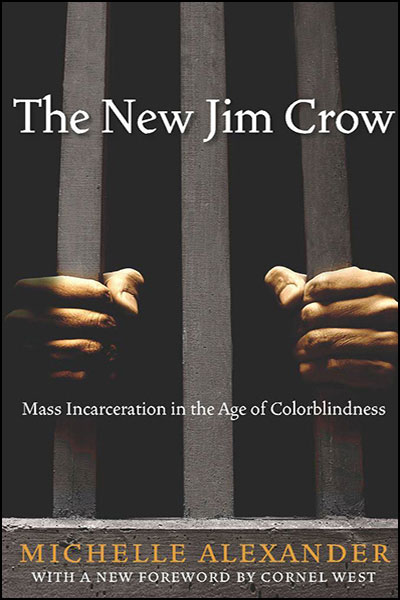
The New Jim Crow: Mass Incarceration in the Age of Colorblindness
Michelle Alexander
The book directly challenges the notion that the election of Barack Obama signaled a new era of colorblindness, and argues that society did not end the racial caste in America, but merely redesigned it by using the U.S. criminal justice system as a function of racial control.
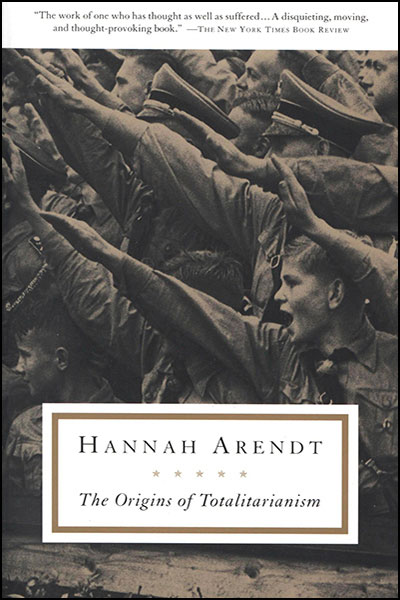
The Origins of Totalitarianism
Hannah Arendt
Beginning with the rise of anti-Semitism in central and western Europe in the 1800s the book examines the spread of European colonial imperialism from 1884 to the outbreak of World War I.
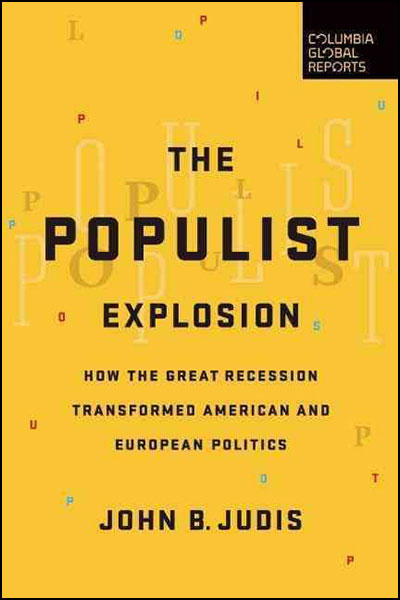
The Populist Explosion: How the Great Recession Transformed American and European Politics
John B. Judis
A primer to understand the global populist movement that began in the United States in the 1890s and the legacy of its politics that have recurred in contemporary politics across both the right and the left ever since.
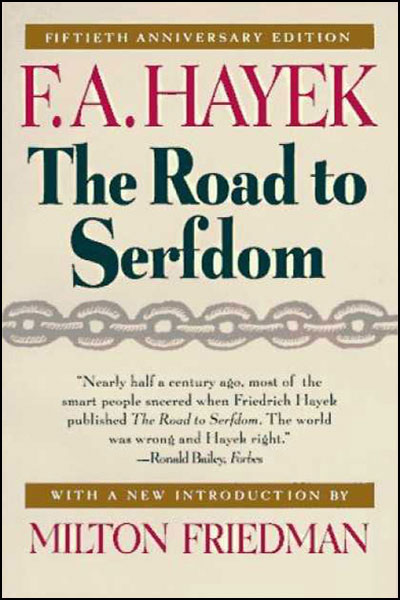
The Road to Serfdom
F.A. Hayek
Written between 1940 and 1943, the narrative warns of the danger of tyranny that inevitably results from government control of economic decision-making through central planning, and argues that the abandonment of individualism and liberalism inevitably leads to a loss of freedom and the serfdom of the individual.
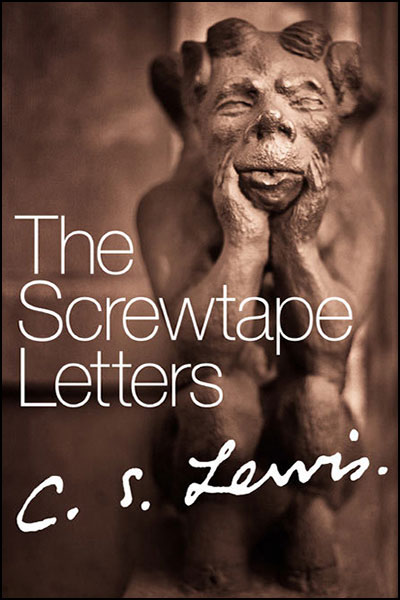
The Screwtape Letters (Editor’s Bonus Pick)
C.S. Lewis
A Christian apologetic novel written in a satirical and epistolary style, that uses a fictional plot and characters to address Christian theological issues, primarily regarding temptation and resistance to it.
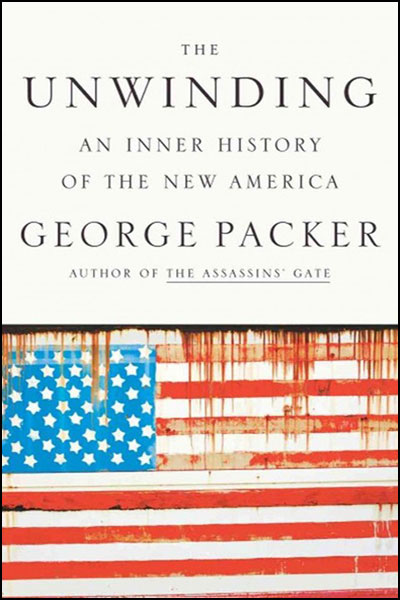
The Unwinding: An Inner History of the New America
George Packer
Using biographies of individual Americans, the non-fiction book explores important forces in American history from 1978 to 2012, including the subprime mortgage crisis, the decline of American manufacturing, and the influence of money on politics.
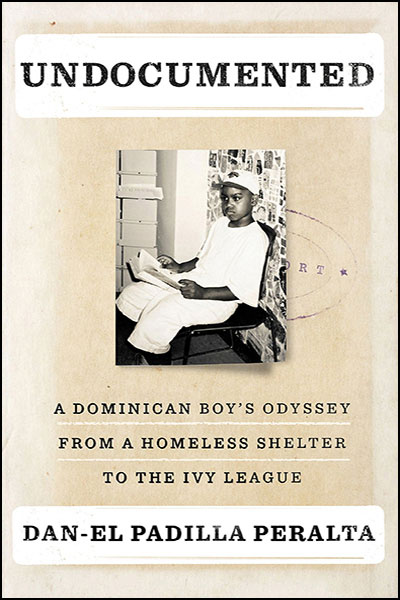
Undocumented: A Dominican Boy’s Odyssey from a Homeless Shelter to the Ivy League
Dan-el Padilla Peralta
The true story of a Princeton University graduate, who as boy who came to America legally with his family, but found the new life turned upside-down after his visa expired and forced him to live in homeless shelters as an undocumented immigrant.
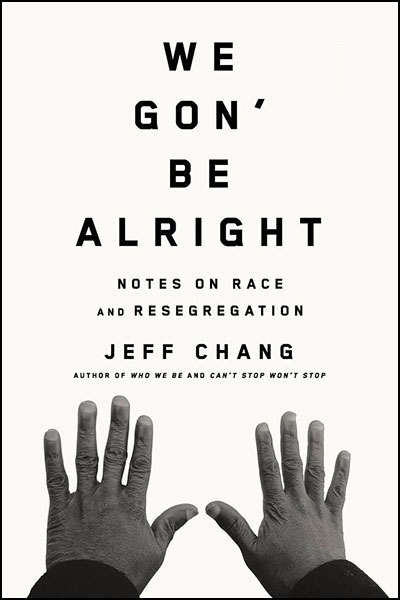
We Gon’ Be Alright: Notes on Race and Resegregation
Jeff Chang
The book explores the rise and fall of the idea of diversity, the roots of student protest, changing ideas about Asian Americanness, and the impact of a century of racial separation in housing.
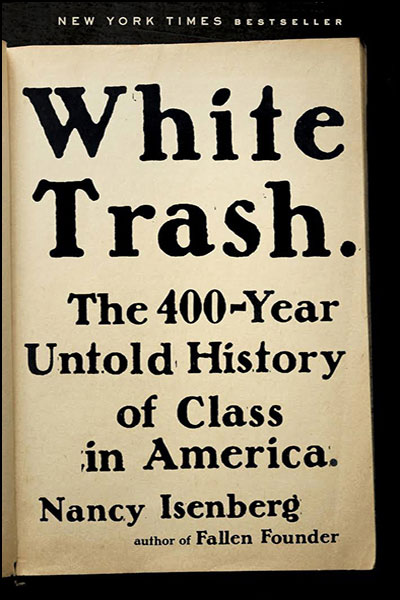
White Trash: The 400-Year Untold History of Class in America
Nancy Isenberg
A groundbreaking history of the class system in America extending from colonial times to the present, the narrative takes on national myths about equality and uncovers the crucial legacy of the poor white identity.














